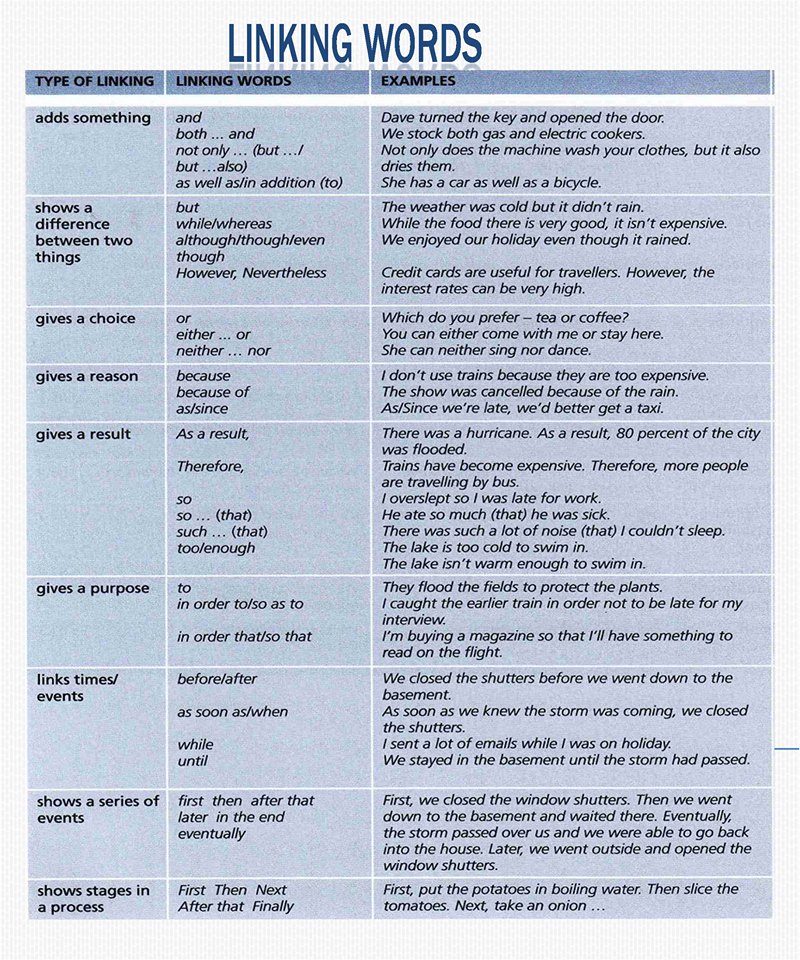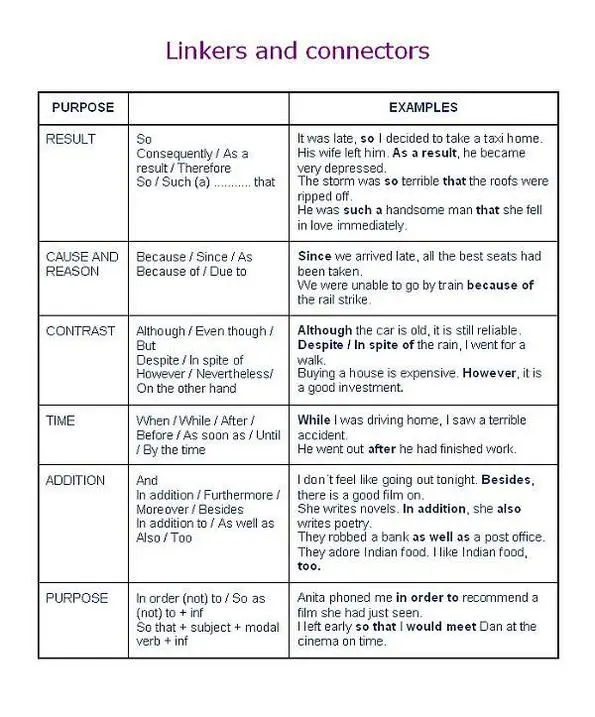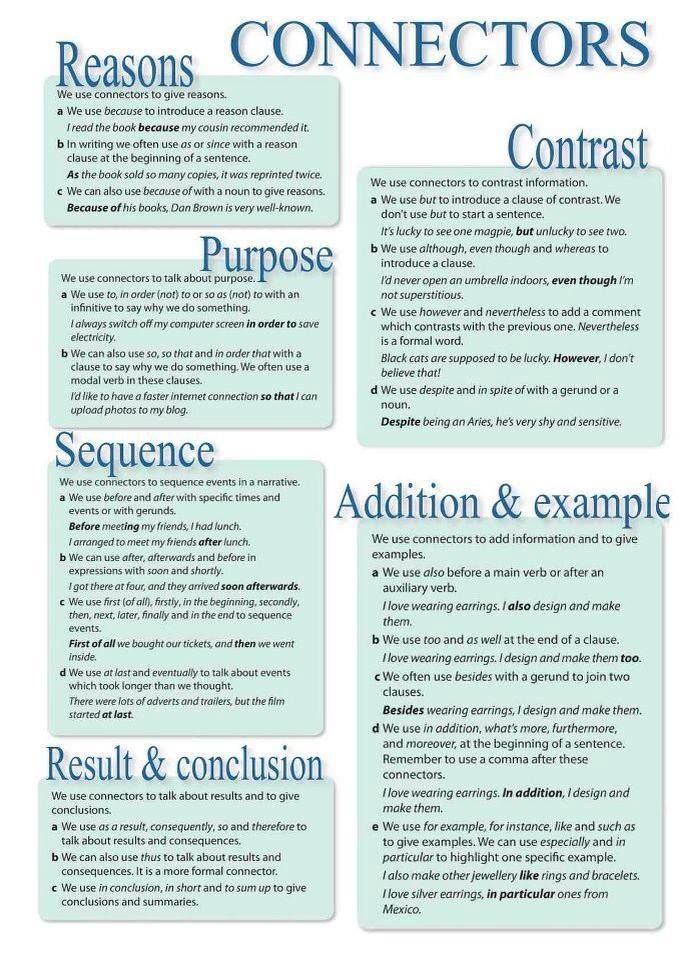Mostrando entradas con la etiqueta 4ESO. Mostrar todas las entradas
Mostrando entradas con la etiqueta 4ESO. Mostrar todas las entradas
miércoles, 19 de abril de 2017
lunes, 23 de mayo de 2016
lunes, 15 de febrero de 2016
PASSIVE VOICE

One of the easiest principles of grammar to remember is to avoid the passive voice, or passive construction, but it's just as essential to recall that this rule is not absolute. Passive construction has its place. Appropriate uses are described below.
Passive constructions are those in which the acted-on noun, rather than the word(s) denoting the actor, is the subject of the sentence, as in the last sentence of the lead paragraph of this post. The well-founded prejudices against the passive include that such constructions are usually less concise than those organized in the active voice, that they obscure the identity of the actor, and that they upend traditional English syntax.
1. When the emphasis is on the acted-on, not the actor: "The message was conveyed by the courier."
2. When the actor is not pertinent or is implied: "The defendant was found not guilty."
3. When the actor cannot be identified: "The dog was poisoned."
4. When the actor should not (or does not wish to) be identified: "Mistakes were made."
5. When an extensive description of the actor follows the mention of the actor: "The alternative was suggested by John Smith, the consultant hired to analyze the problem and recommend solutions." (The active construction, "John Smith, the consultant hired to analyze the problem and recommend solutions, suggested the alternative," changes the emphasis.)
6. When revealing the actor's identity should be delayed: "The candelabra was moved by the only guest who had the opportunity during that time—the professor!"
7. When the passive voice improves the rhetorical impact: "Never in the field of human conflict was so much owed by so many to so few."
This article first appeared on DailyWritingTips.com.
EXERCISES:
https://www.ego4u.com/en/cram-up/grammar/passive
http://www.englisch-hilfen.de/en/exercises_list/passiv.htm
http://www.agendaweb.org/verbs/passive-exercises.html
miércoles, 4 de noviembre de 2015
REPHRASING TIPS, THEORY AND PRACTISE
We all know rephrasing is not the easiest nor the funniest part of learning English, that's why we want to give you an extra help to deal with it. In the following link you'll find some tips to study, the theory and some extra practise. You just have to click on the mug!
(Si quieres descargarte el documento de word con toda la teoría, para imprimirlo o lo que quieras hacer con él, abre el siguiente documento en google drive: https://drive.google.com/file/d/0B3ICOrtXnkEEQm1LMkVKcURBdG8/view?usp=sharing )
(Si quieres descargarte el documento de word con toda la teoría, para imprimirlo o lo que quieras hacer con él, abre el siguiente documento en google drive: https://drive.google.com/file/d/0B3ICOrtXnkEEQm1LMkVKcURBdG8/view?usp=sharing )
miércoles, 6 de noviembre de 2013
5TH NOVEMBER: "BONFIRE NIGHT"
We celebrate every 5th of November the birth of our founder María Ràfols, but back in the UK what they remember is the failed attempt of blowing up the Houses of Parliament more than 400 years ago, when Guy Fawkes (an explosives expert) and other plotters placed 36 barrels of gunpowder in the cellars below the Parliament.
The new king, James I, got them arrested and they were hanged for High Treason.
Nowadays, people light huge bonfires with stuffed men like scarecrows imitating Guy Fawkes and celebrate with fireworks.
All this inspired the graphic novel (Alan Moore) and later film "V for Vendetta" (James McTeigue, 2005). The famous mask that represents Guy Fawkes has recently been used by some groups.
 | |
| Guido 'Guy' Fawkes |
 | |
| The conspirators or plotters |
 | |
| Houses of Parliament, 1605 |
 | ||
| King James I |
Nowadays, people light huge bonfires with stuffed men like scarecrows imitating Guy Fawkes and celebrate with fireworks.
All this inspired the graphic novel (Alan Moore) and later film "V for Vendetta" (James McTeigue, 2005). The famous mask that represents Guy Fawkes has recently been used by some groups.
Suscribirse a:
Entradas (Atom)





